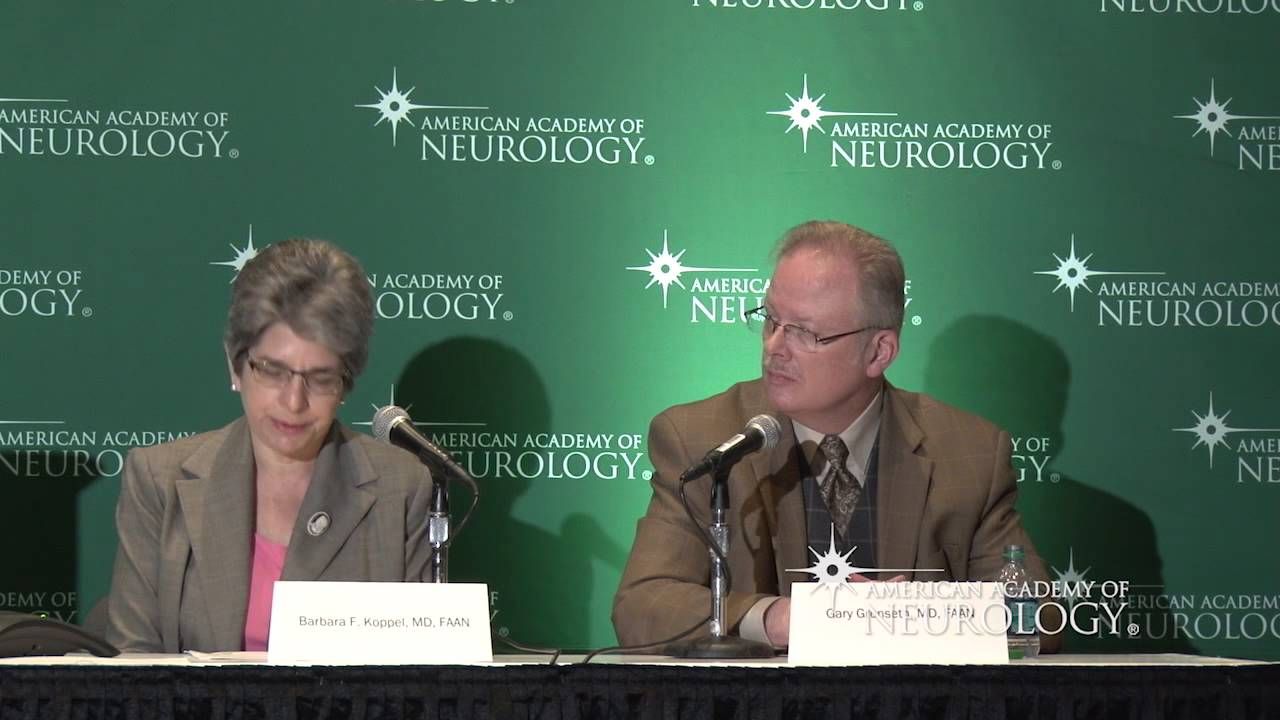Facts about Medical Cannabis
Written by thcscout on . Posted in Medical. No Comments on Facts about Medical Cannabis
1. Who consumes the most?
The United States is the world’s largest medical‑cannabis market. In 2024, combined medical and adult‑use sales exceeded $31 billion, and projections for 2025 reach $35 billion. No other country comes close to these volumes.
2. European leader
In Europe, Germany is out in front: by 2027 more than 311 000 patients are expected to hold official cannabis prescriptions.
3. Three indications with the strongest evidence
Robust, “gold‑standard” data support medical cannabis only for:
• chronic pain,
• chemotherapy‑induced nausea and vomiting,
• spasticity in multiple sclerosis.
4. Other common conditions
Physicians also prescribe #cannabinoid medicines for rare epilepsies (Epidyolex), post‑traumatic stress disorder, migraine, Crohn’s disease, and HIV/AIDS‑related appetite loss. The evidence is weaker here, but clinical data are growing.
5. Medical ≠ “regular” cannabis
Medical products are tightly controlled for CBD : THC ratio, purity, and absence of pesticides. Most programmes prohibit smoking; oils, capsules, sprays, or vaporisers are preferred. Recreational strains, by contrast, often contain two‑to‑three times more THC and have unpredictable profiles.
6. Authorised medicines
Key products include Sativex (a 1 : 1 CBD/THC oromucosal spray for MS spasticity) and Epidyolex (pure CBD solution for seizures). Dronabinol and nabilone are synthetic THC analogues used for nausea and weight loss.
7. Geography of legalisation
Thirty‑seven US states plus the District of Columbia—and more than 50 countries worldwide—run official medical‑cannabis programmes.
8. Money and trends
The global medical‑cannabis market is valued at about $21 billion (2025) and is forecast to reach $68 billion by 2033. Demand is rising 7‑8 % per year, especially in the Asia‑Pacific region.
9. Side effects
The most typical are dizziness, dry mouth, increased appetite, and a transient rise in heart rate. High THC doses can trigger anxiety or short‑term cognitive impairment, so doctors titrate the dose gradually.
10. What’s next?
Research continues: scientists are exploring cannabinoids as opioid alternatives for pain, anti‑inflammatory agents in IBD, and even adjuvant oncology therapies. Regulators remain cautious, approving new indications only when evidence is strong.
⸻
What is medical cannabis?
Medical cannabis refers to cannabis or cannabinoid‑based medicines produced under pharmaceutical GMP and dispensed only by prescription for specific conditions (chronic pain, MS spasticity, CINV, rare epilepsies, etc.).
• THC, CBD, and terpene content are strictly standardised.
• Batches are tested for pesticides, heavy metals, and microbes.
• Smoking is often banned; oils, sprays, and vaporisation are preferred.
What is recreational cannabis?
Recreational cannabis is the plant or product consumed for non‑medical purposes (relaxation, psychoactive effect).
• Typically contains higher THC levels (10 – 30 %+).
• Quality and safety are regulated on legal markets—or unregulated on illicit ones.
• Dosing is chosen by the user, not a doctor, which raises the risk of side effects.
⸻
Bottom line:
• Botany gives us sativa, indica, ruderalis.
• Chemotypes tell us how much THC and CBD a plant contains.
• Legal status splits cannabis into industrial, medical, and recreational.
• Medical cannabis is “pharma‑grade” and prescription‑only.
• Recreational cannabis is “for leisure,” higher in THC, with self‑selected doses.

